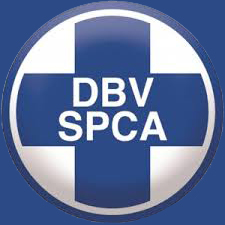
Registered member of the National Council of SPCAs
You can’t change a dog’s past, but you can rewrite the future. – Agnes Carass
By choosing to adopt an animal from a shelter, you will be saving them from fear, distress and death. A lot of shelter animals are obedient pets who had their comfort and happiness snatched away after being abandoned by their owners.
Most people who adopt a dog experience that it turns out to be more loving and loyal than any dog they could have bought from a breeder. Adopted animals seem to know that their owner has saved them, and if you love that dog and make it a member of you family, you will be rewarded with an extraordinary, unconditional love that will forever touch your heart.
Animal shelters are full of the most wonderful cats in desperate need of finding their forever home.
The SPCA recognises that many people seek the company and emotional attachment with animals, particularly domestic animals, and encourage a bond between them. However, after adopting an animal, the guardian must act responsibly. The SPCA is opposed to the keeping of any domestic animals by persons who can’t look after them properly. Animals have little choice as to where they find themselves, and it is the owner’s responsibility and duty to ensure that they do not take on any animals that they cannot effectively and responsibly care for.
Criteria that needs to be met for adoption
Franschhoek SPCA © Copyright 2025. All rights reserved | Website by Jane Parkfelt